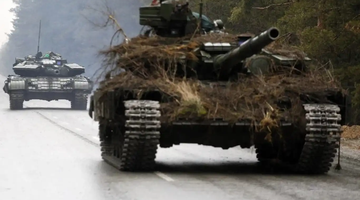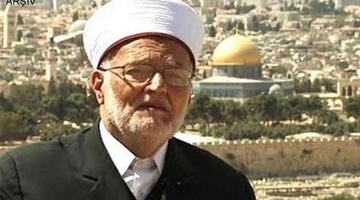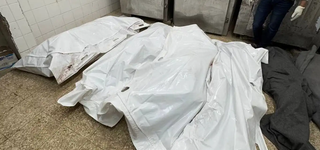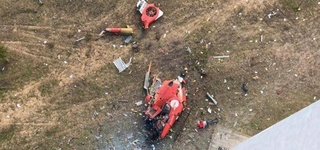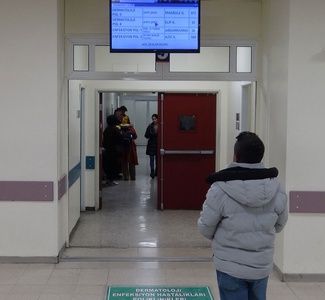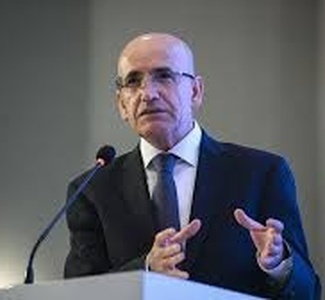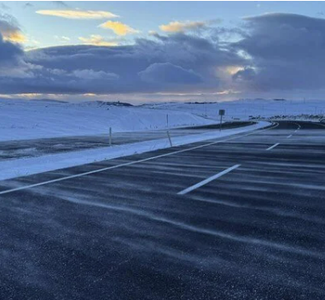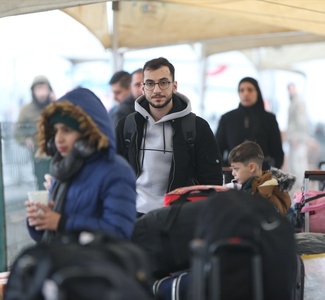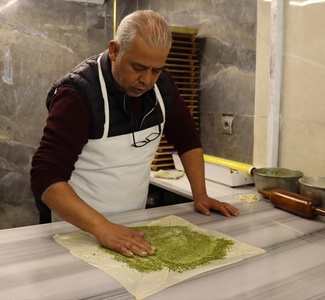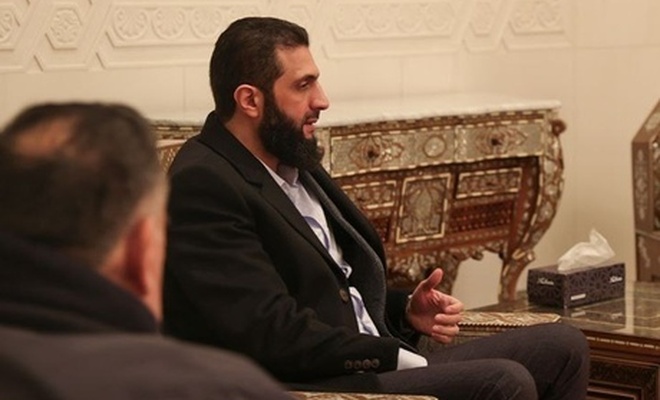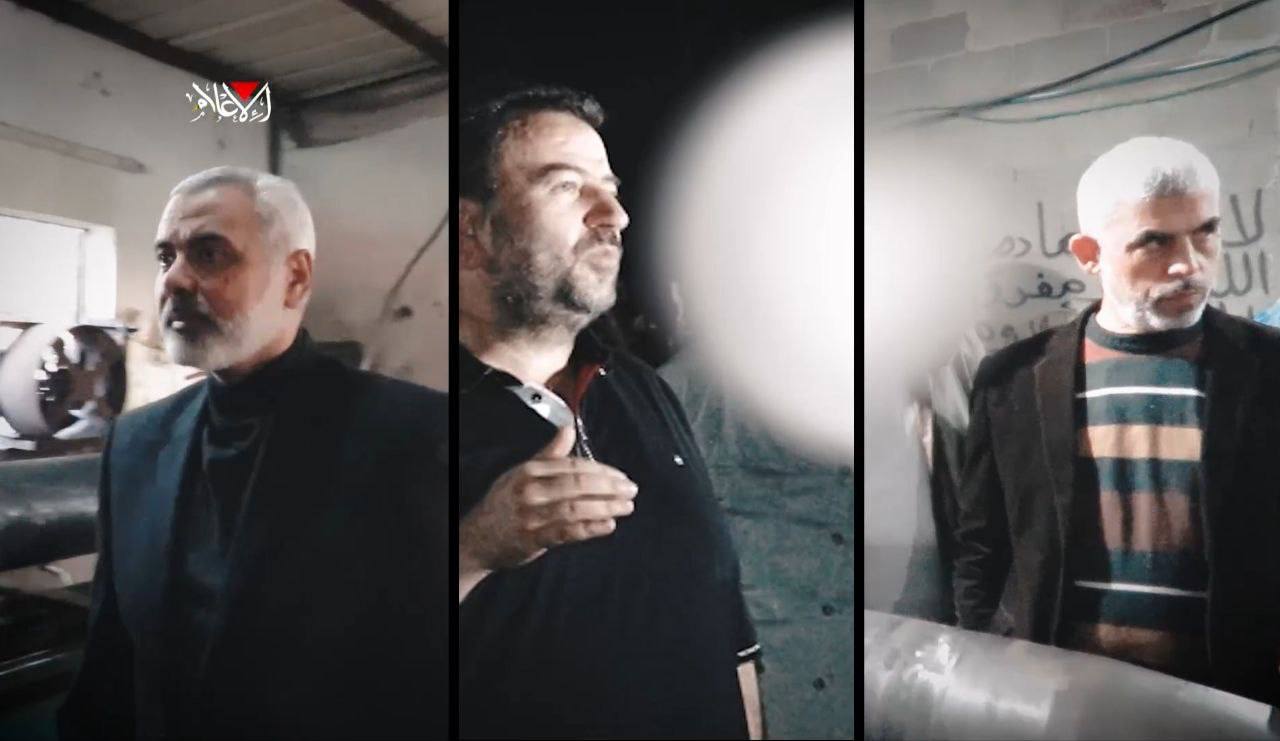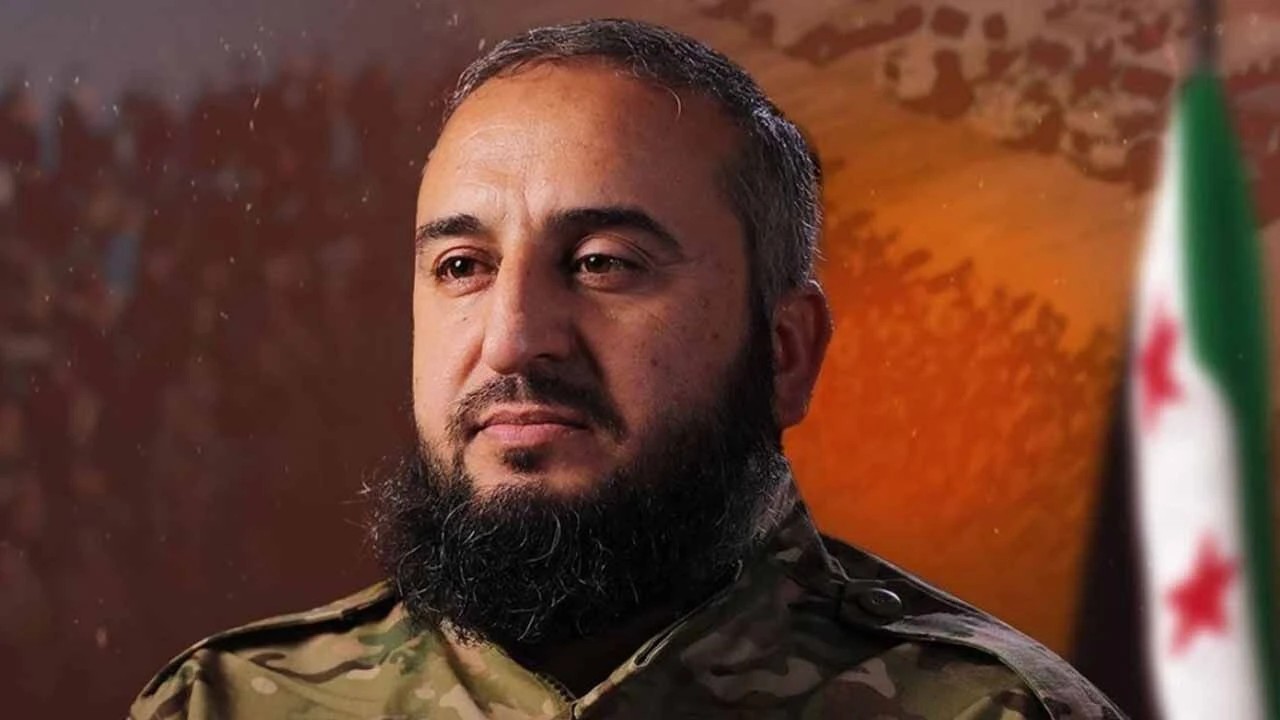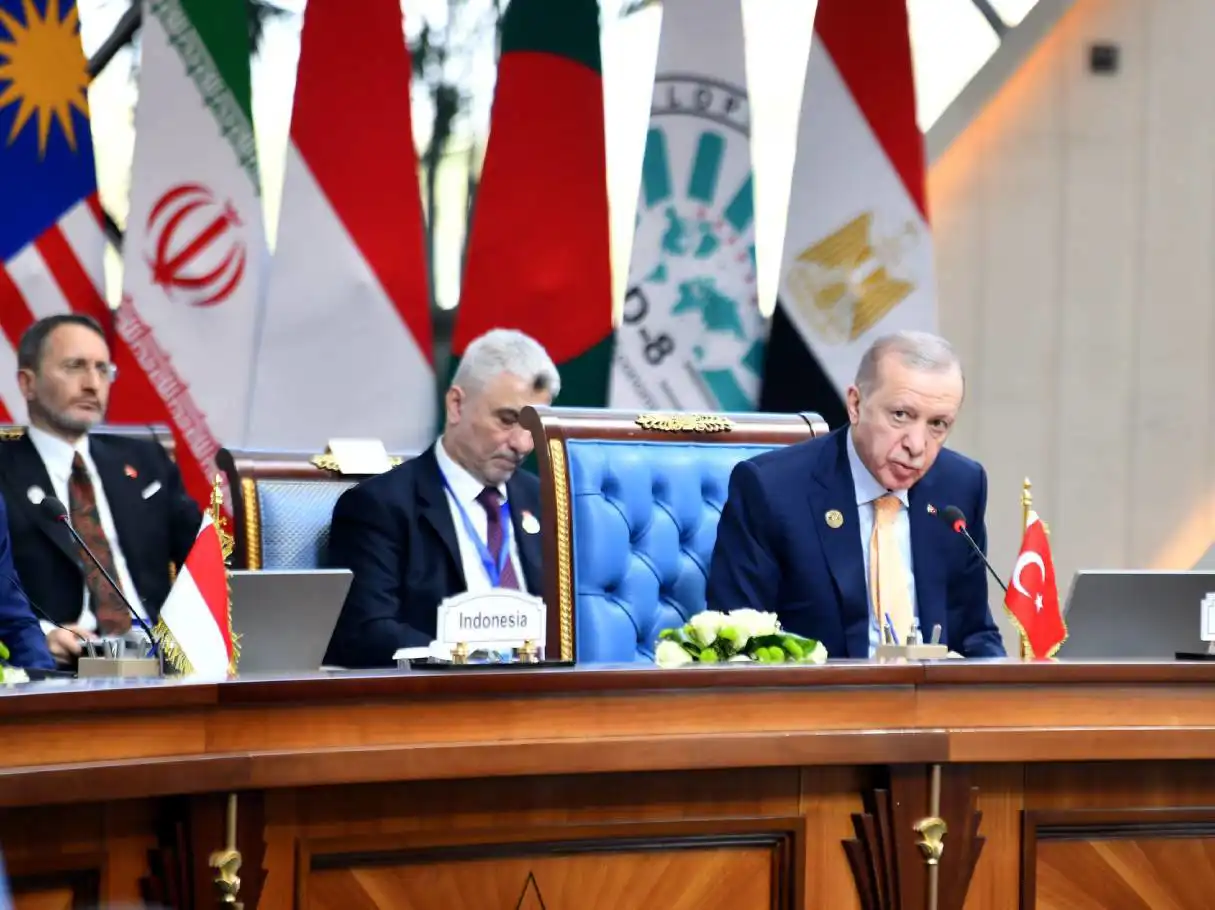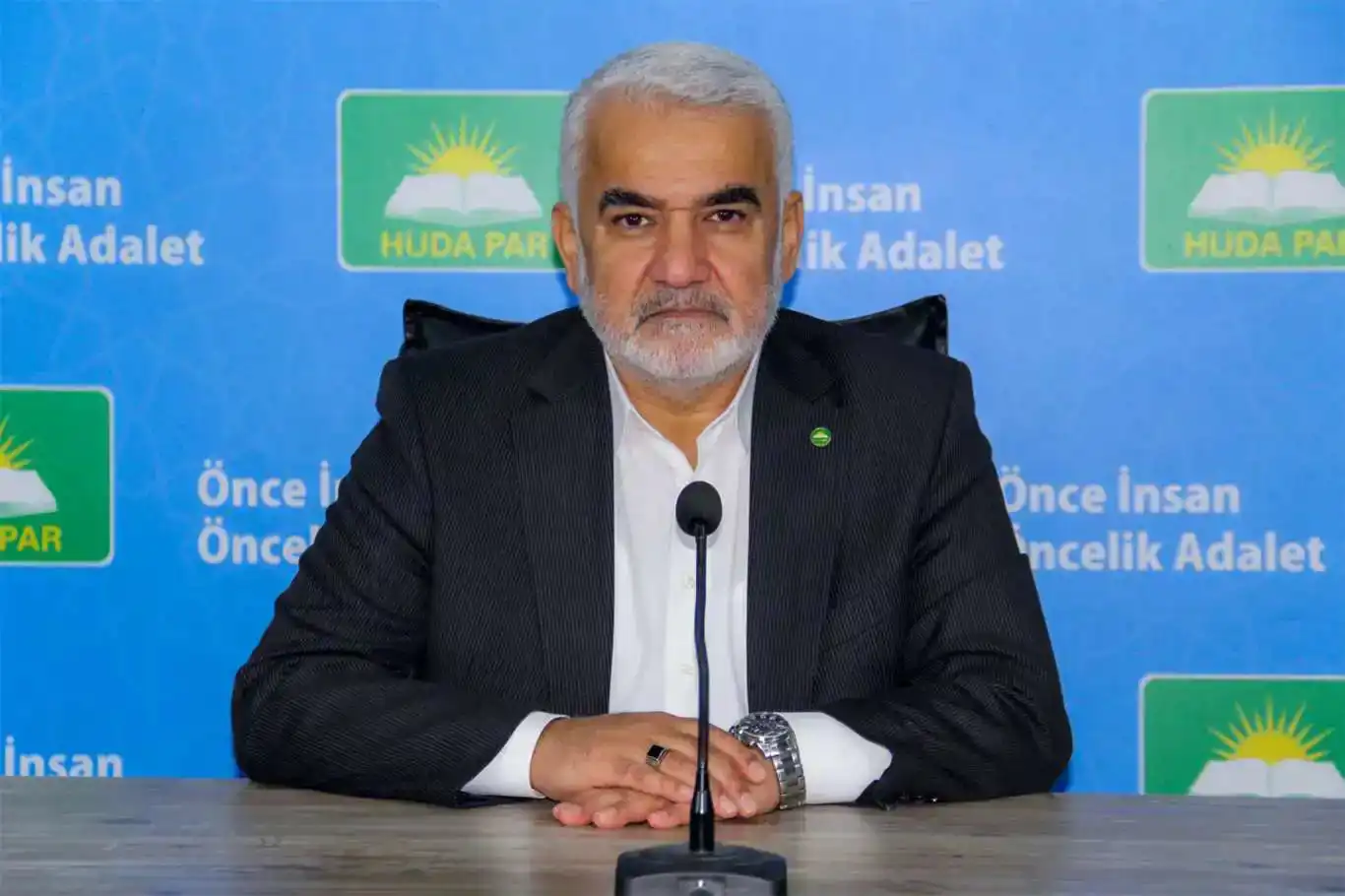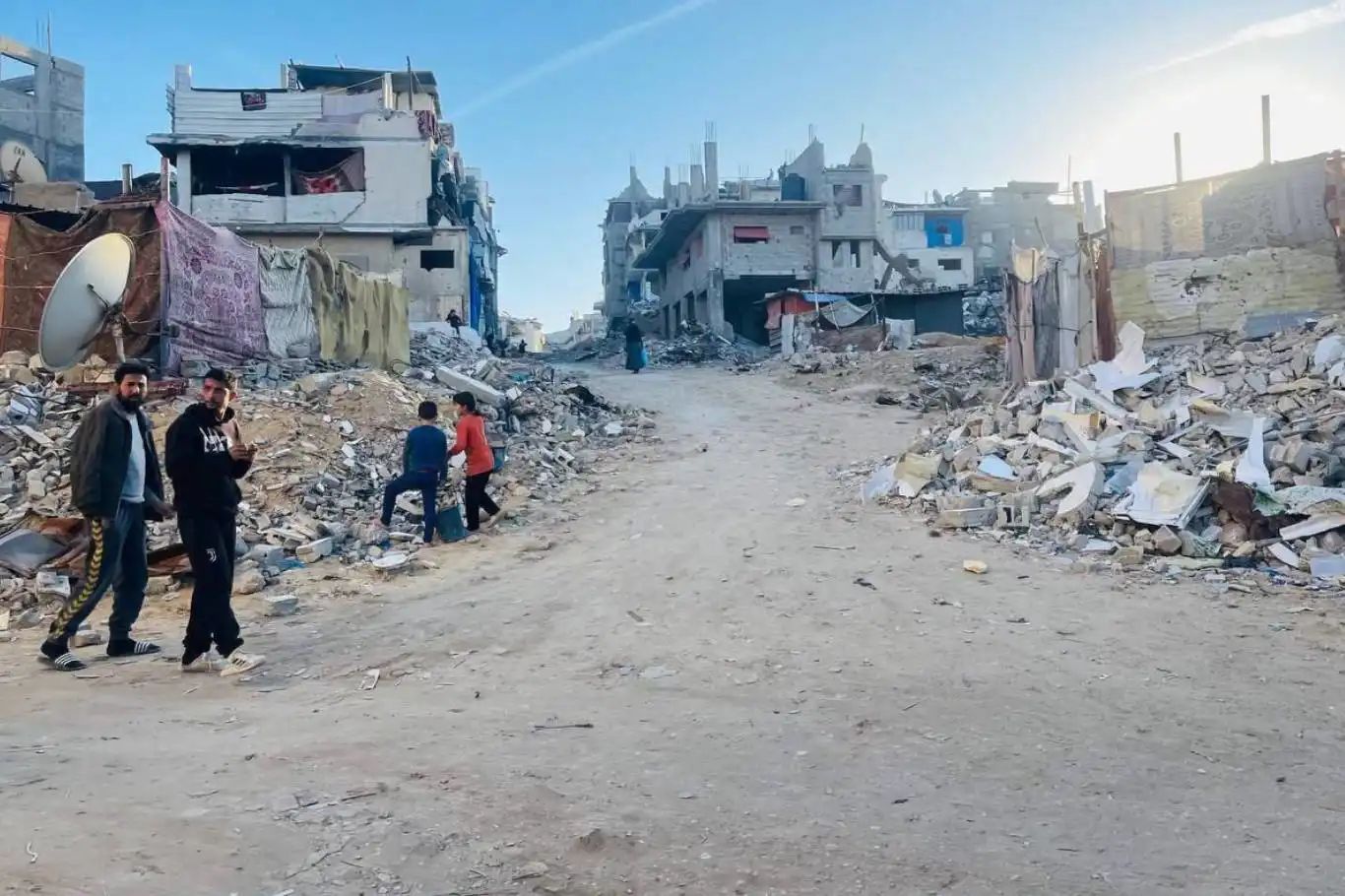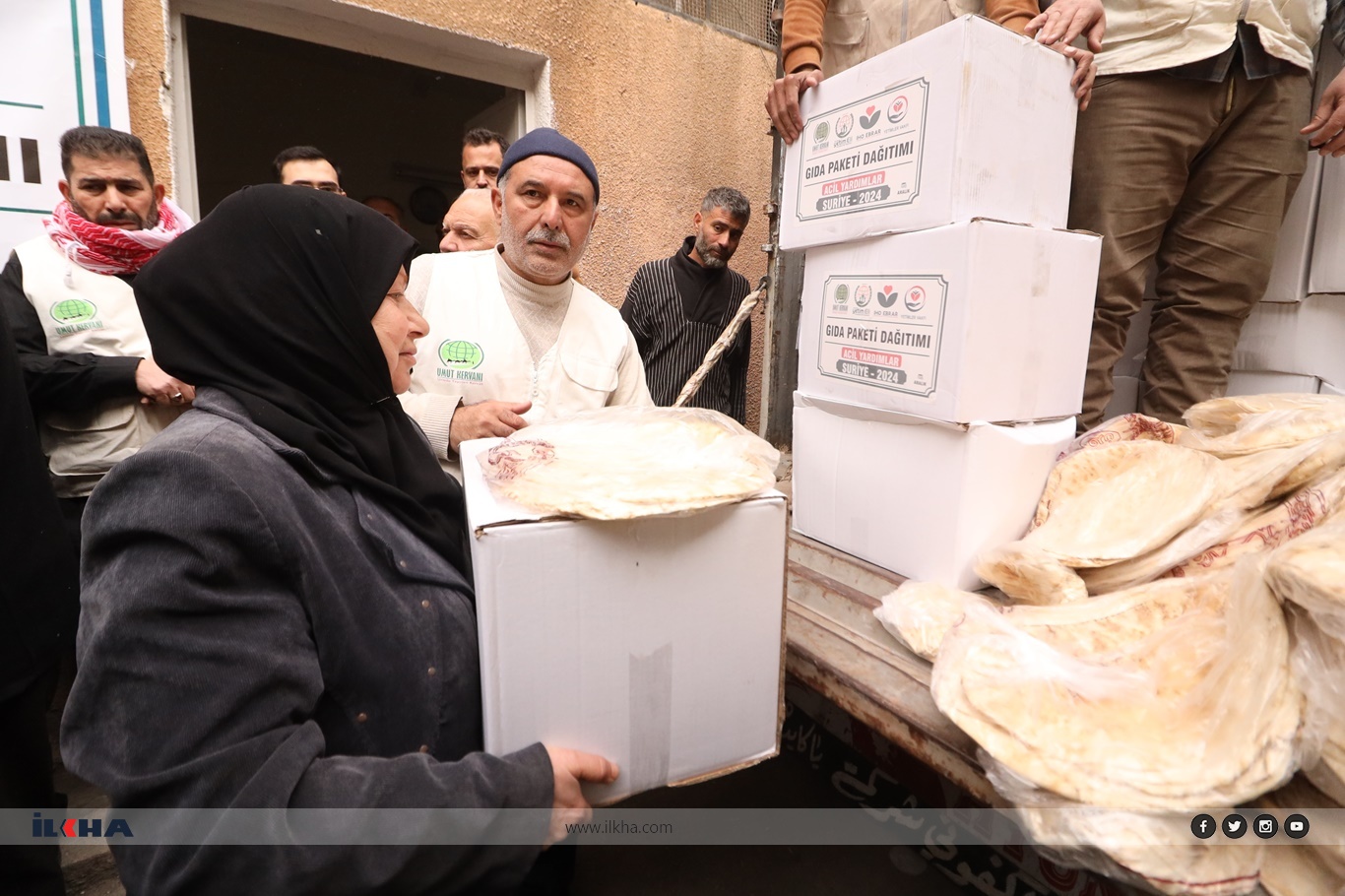Rabaa Massacre: Egypt's continued struggle for justice and stability
Eleven years after the tragic Rabaa massacre, Egypt remains a nation without political stability, social peace, or security.
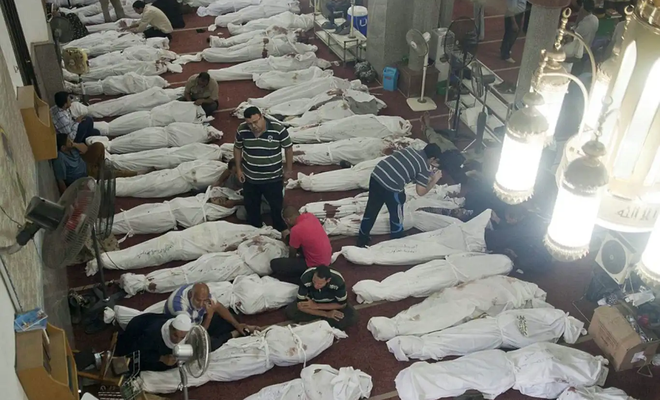
 Google News'te Doğruhaber'e abone olun.
Google News'te Doğruhaber'e abone olun. The massacre, orchestrated by the army and police under General Sisi's command on August 14, 2013, marks a dark day in the country's history.
Over a decade ago, the Arab world was swept by a wave of social movements demanding freedom, collectively known as the Arab Spring. This movement ignited on December 17, 2010, when a street vendor in Tunisia set himself on fire after being slapped by a female officer. His desperate act was seen by Tunisians as the final straw, sparking widespread protests.
The revolutionary fervor quickly spread to Egypt, Libya, Yemen, and Syria. Egypt, with its historical, geographical, and cultural significance, became a central figure in this movement. With a population nearing 100 million, Cairo emerged as the epicenter of the Arab Spring.
British Influence and Military Rule in Egypt
Egypt, once a major territory within the Ottoman Empire, was occupied by Britain in 1882. Although Egypt was granted autonomy in 1922, British troops continued to maintain security in the country. To ensure their continued influence, the British established military mechanisms to control Egypt indirectly, leaving behind a legacy of military tutelage.
The first prominent figure of this military order was Jamal Abdel Nasser, who ruled Egypt with an iron fist, particularly targeting Islamic groups. Following Nasser, Anwar Sadat took power and signed several controversial agreements with Zionists. After Sadat's assassination, Hosni Mubarak governed Egypt for 30 years under a brutal dictatorship.
The Mubarak Era: A Period of Suffering
During Mubarak's three-decade rule, Egyptians faced severe social, economic, and political hardships. The country's prisons were filled with young people from Islamic groups. By 2004, these Islamic formations had intensified their efforts against Mubarak's regime, laying the groundwork for the 2011 revolution.
The Army's Hidden Agenda
When protests erupted on January 25, 2011, the Egyptian army initially refrained from acting as a police force and did not openly intervene, despite Mubarak's orders. However, the military had a covert strategy to reclaim power from Mubarak and his family, as later revealed in the 2013 coup.
Mohamed Morsi's Rise and Fall
After Mubarak's ouster, an interim government was established, and elections were held on November 28, 2011. The Freedom and Justice Party, the political arm of the Muslim Brotherhood, secured 47 percent of the vote and 235 seats in the 508-member Egyptian People's Assembly.
Mohamed Morsi, the party's candidate, won the presidential election on June 16-17, 2012, with 51.73 percent of the vote, becoming Egypt's fifth and first democratically elected president. Despite the army's attempts to divide the population, Islamic parties achieved significant success in the elections, causing unease among domestic and international powers.
Challenges for Morsi
Morsi faced numerous challenges during his presidency. His reforms and innovations were frequently blocked by the judiciary, and protests against him were widespread. Despite winning a constitutional referendum in December 2012, the country remained deeply divided.
On July 1, 2013, amid escalating protests, the Egyptian military gave Morsi a 48-hour ultimatum to resolve the crisis. When he failed to do so, the military announced his removal from office.
The Rabaa Massacre
Following Morsi's ouster, the Egyptian people, determined to resist the military coup, gathered in Rabaa Square. In response, the army launched a brutal crackdown on protesters. On July 8, more than 50 people were massacred in front of the Cairo Republican Guard building. Another 80 were killed in anti-coup protests outside Rabaa Mosque on July 17.
The situation escalated on August 14 when the army issued an ultimatum for all squares to be cleared. Protesters continued to resist, leading to a bloody assault by the military. Tents, makeshift hospitals, and living areas were set on fire. The army, having declared a state of emergency, massacred civilians and attempted to destroy evidence by burning their bodies.
The Rabaa Mosque, a refuge for the opposition, was also set ablaze. Around 700 protesters, including women and children, were held captive for a day at the Fetih Mosque in Cairo. Although the exact death toll remains unknown, thousands are believed to have perished in the resistance. (ILKHA)




























